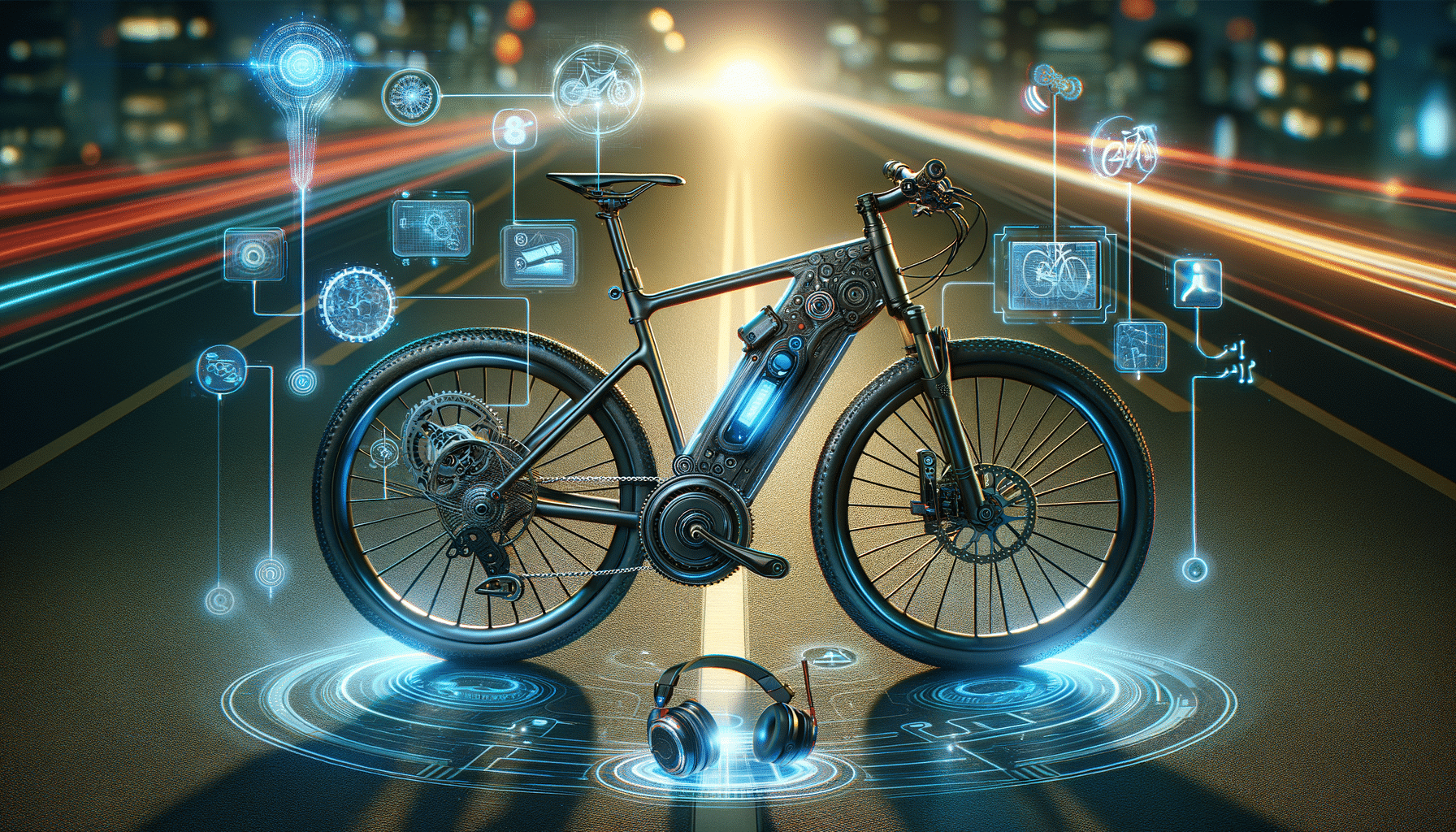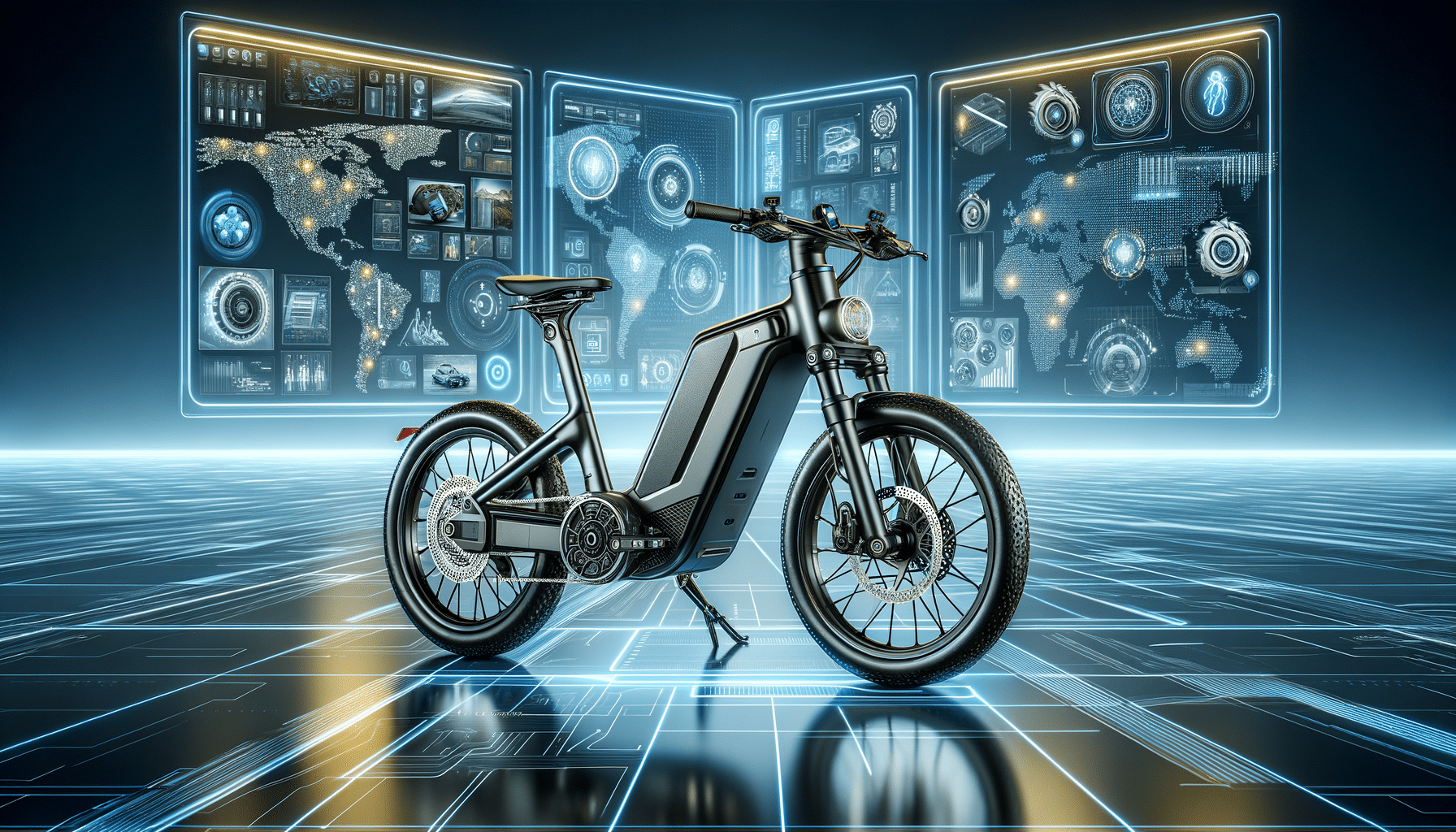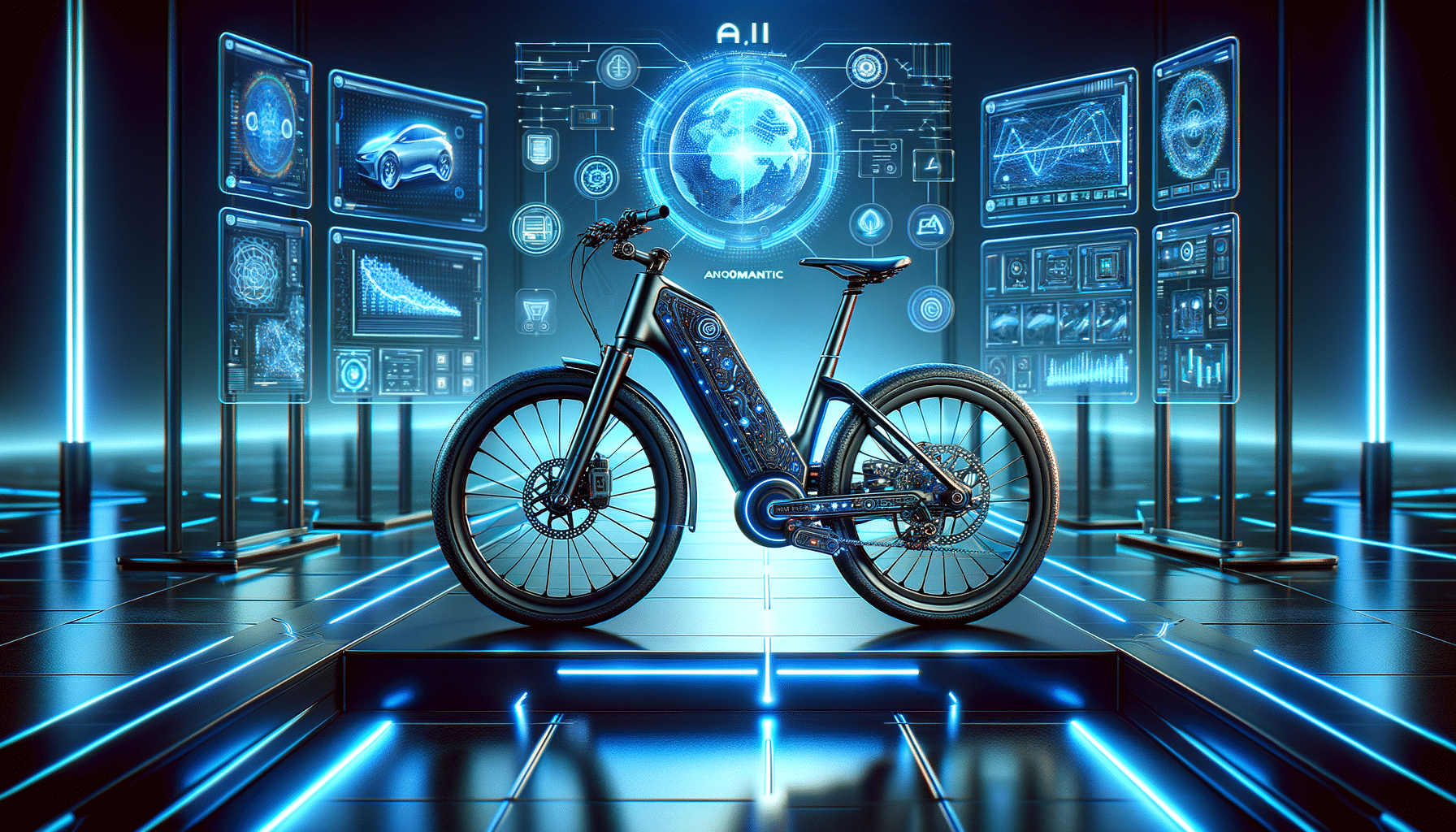
ai driven e-bikes intelligent systems and autonomous riding
Introduction to AI in E-Bikes
The integration of AI technologies in e-bikes is revolutionizing the way we perceive cycling. With advancements in artificial intelligence, e-bikes are now equipped with intelligent systems that enhance both safety and efficiency. These developments are not only transforming the biking experience but also paving the way for a more sustainable and connected future in urban mobility.
AI E-Bike Technologies
AI e-bike technologies are at the forefront of innovation, offering riders a seamless and intuitive experience. These technologies include smart sensors, adaptive learning algorithms, and real-time data processing capabilities. By leveraging AI, e-bikes can adjust to varying terrains, optimize battery usage, and provide predictive maintenance alerts. This ensures a smoother ride and extends the lifespan of the bike.
Some of the standout features include:
- Smart navigation systems that provide optimal routes based on traffic and weather conditions.
- Advanced safety features such as collision detection and automatic braking.
- Integration with mobile apps for personalized riding experiences and data tracking.
These technologies not only enhance the riding experience but also contribute to a safer and more efficient mode of transportation.
AI-Driven Autonomous Riding
Autonomous riding is a groundbreaking development in the e-bike industry, driven by AI. This innovation allows e-bikes to operate with minimal human intervention, offering a glimpse into the future of transportation. AI-driven autonomous riding systems employ a combination of sensors, cameras, and machine learning algorithms to navigate and make decisions in real-time.
Key components of autonomous riding include:
- Obstacle detection and avoidance systems that ensure safe navigation.
- Adaptive speed control that adjusts based on traffic conditions and rider preferences.
- Self-parking capabilities for convenience in urban environments.
These advancements not only enhance the convenience of e-bikes but also promote a more sustainable and efficient transportation system.
Intelligent E-Bike Systems
Intelligent e-bike systems are designed to offer a connected and interactive riding experience. These systems utilize AI to analyze data from various sources, providing riders with insights and recommendations for improving their journeys. From monitoring health metrics to suggesting energy-efficient routes, intelligent systems are redefining the cycling landscape.
Features of intelligent e-bike systems include:
- Integration with health apps to track fitness goals and progress.
- Real-time diagnostics for proactive maintenance and repair alerts.
- Customizable settings for personalized riding experiences.
By offering these capabilities, intelligent e-bike systems are making cycling more accessible and enjoyable for a diverse range of users.
Conclusion: The Future of AI in E-Bikes
The integration of AI in e-bikes is not just a trend; it’s a transformative shift in how we approach mobility. With AI-driven technologies, autonomous riding capabilities, and intelligent systems, e-bikes are becoming a vital component of smart cities and sustainable transportation networks. As these technologies continue to evolve, they promise to deliver even more innovative solutions that enhance the safety, efficiency, and enjoyment of cycling.
For urban commuters, cycling enthusiasts, and technology aficionados, the future of AI in e-bikes offers exciting possibilities that are set to redefine the way we move and interact with our environment.


